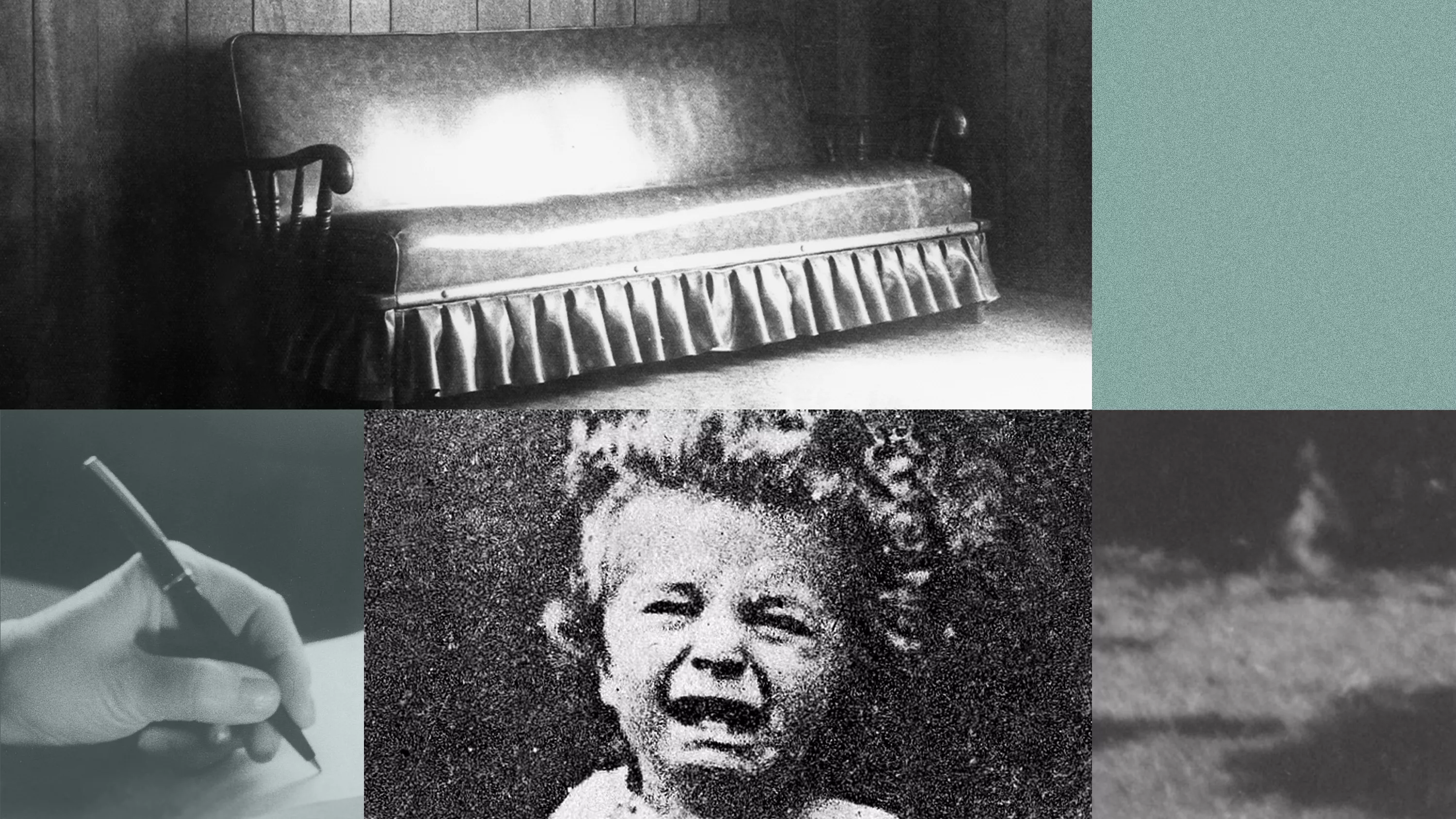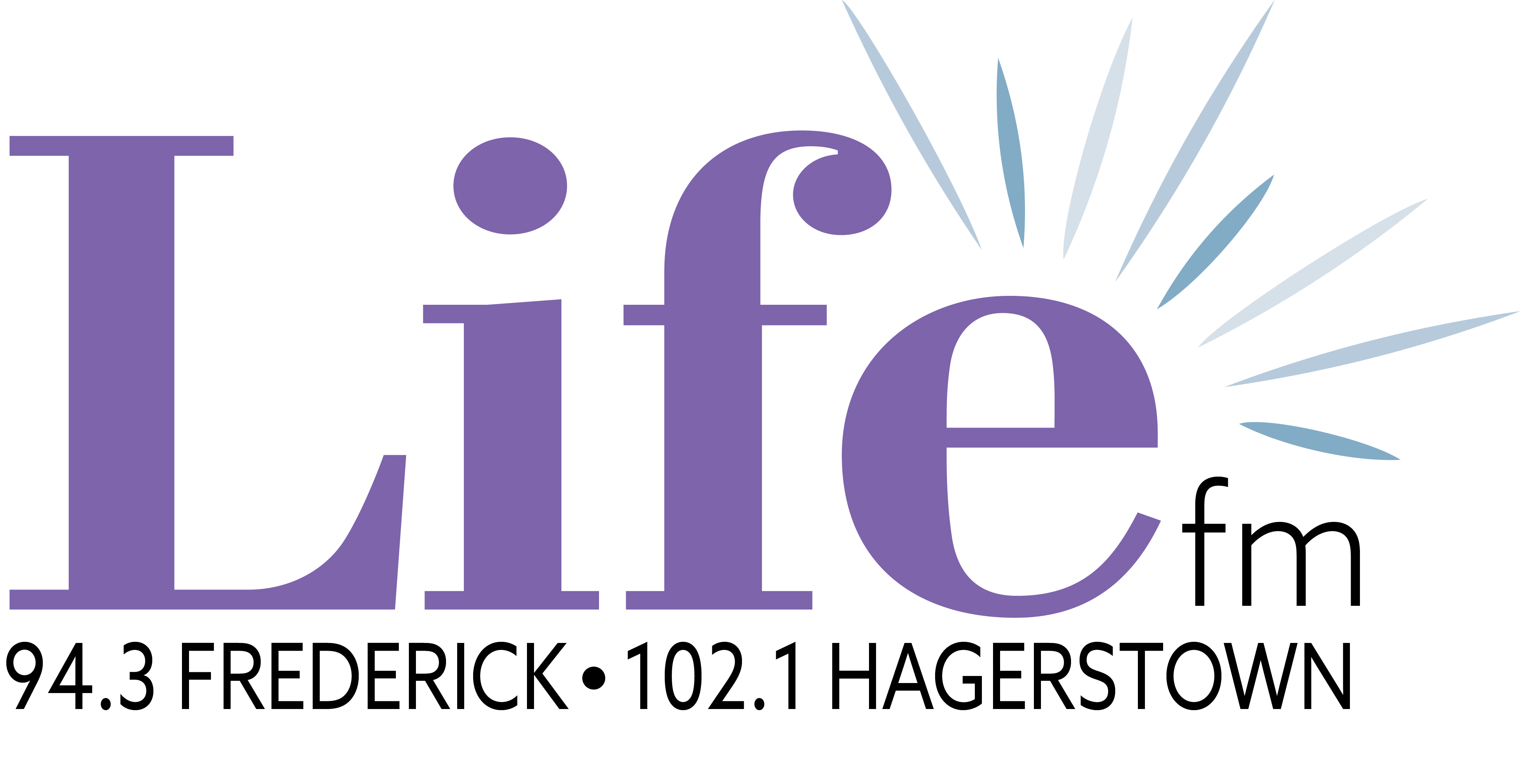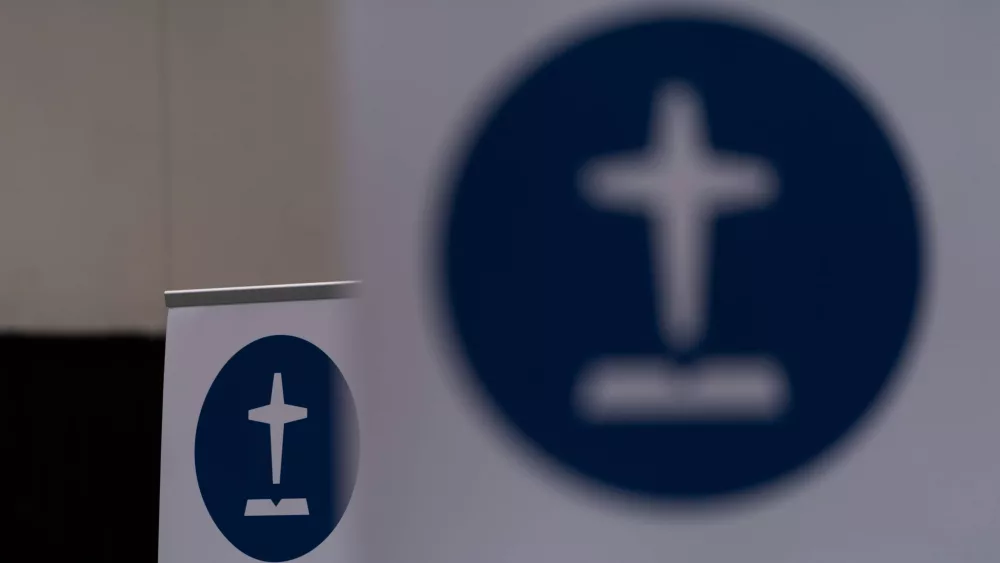
Abigail Shrier’s critique of childhood therapy mixes a needful corrective with ideological hyperbole.
One of my four-year-old twins has a thing where he pretends he can’t do something he’s done many times before. “I can’t find my sweater,” he says of the sweater on the floor in front of him—the sweater he does not want to wear. “I have no sweater. I don’t know how to put it on. My arms don’t work. Ugh! Ugh! I can’t pick it up with my arms!”
The other twin is in a whiny era. He responds to minor setbacks—difficulty snapping his jeans, getting the wrong jam on his toast, inability to find his water bottle after approximately 1.25 seconds of looking—with loud, tearful cry-whines. His life is over, you understand. The bottle is gone forever.
There is nothing wrong with either twin, and I wouldn’t share these stories if I thought there were (or if there weren’t two of them, giving both plausible deniability). This phase they’re in is deeply annoying, but it’s not diagnosable. It’s nothing that won’t go away with a little discipline and time. They will mature. They will learn to like sweaters and find bottles. They will grow up.
But too many American children “aren’t growing up,” as journalist Abigail Shrier says in the subtitle of her new book. Bad Therapy argues that several factors have combined to ruin American childhood: overhasty diagnosis and medicalization of normal growing pains, the decline and abdication of parental authority, expert and institutional overreach, and—of course—smartphones.
As has become widely recognized in the last half decade or so, children, teenagers, and young adults are growing more anxious, unhappy, lonely, and afraid to pursue what were once commonplace marks …

